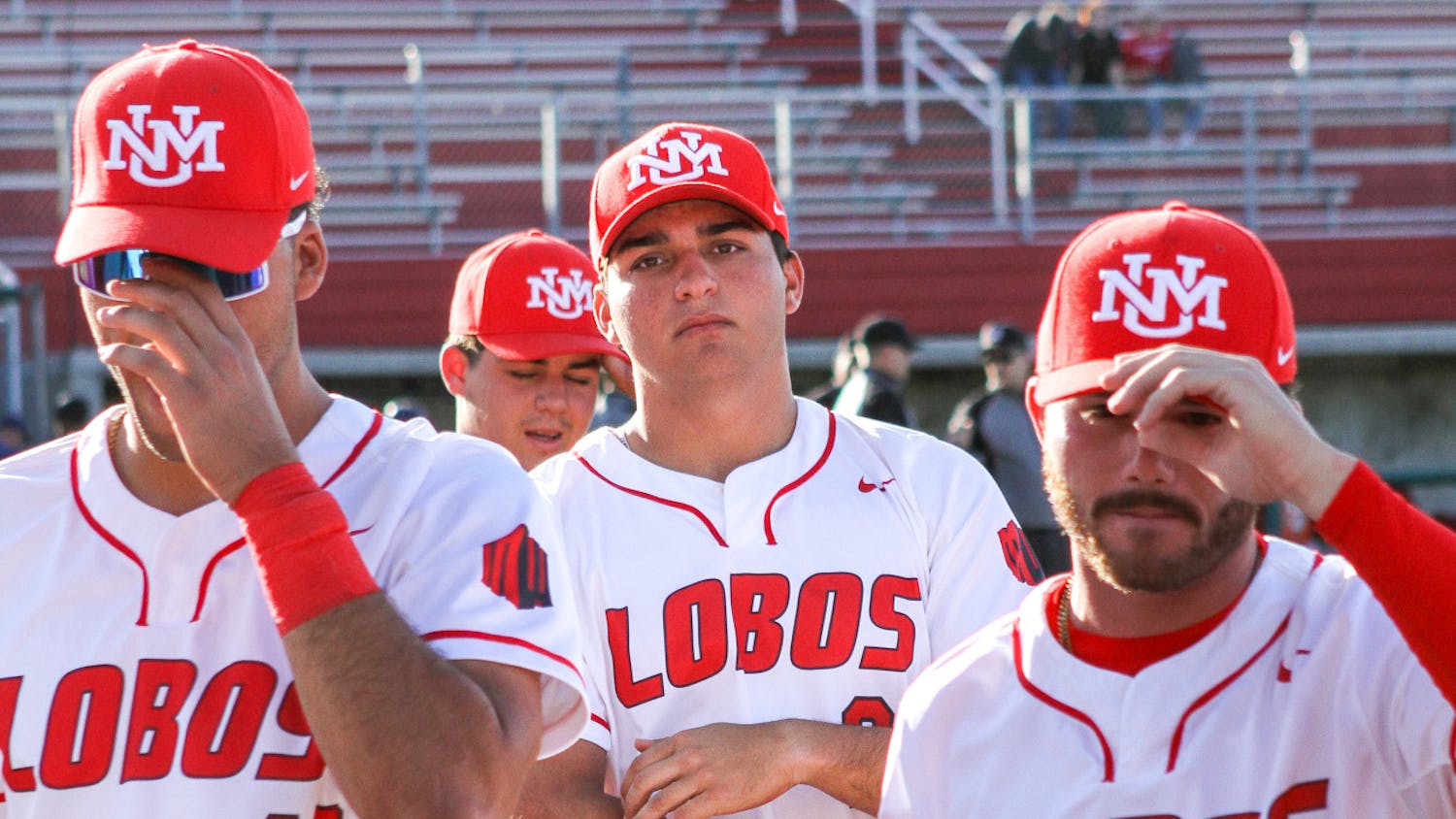The most recent Billboard Power Player list ranked the top 100 executives who have a large influence over the music industry, a list that includes individuals and partners. Out of 127 names, women make up 11 percent of the most influential leaders in the music industry, as opposed to making up 7.9 percent in Billboard’s 2012 list.
These increases have helped create organizations and networks like Women in Music and Female Pressure in order to support women and help them gain more influence in the music industry.
Nonprofit organization Women in Music was founded to create a dynamic support system for women in the music industry. Neeta Ragoowansi, president of Women in Music, said though it is a different world today than it was when the organization was founded in 1985, women are still largely underrepresented in most industries, including music.
“If anything, we need to identify and encourage more female leadership and educate people who are in positions of power to promote women,” she said.
In 2013, out of 24 electronic-music record labels, only three were owned by women: Comfortzone in Austria, BPitch Control and Monika Enterprise in Germany, according to a report released by Female Pressure. Also, out of the acts signed by all 24 labels, 9.3 percent were female acts, 8.7 percent included male and female, while 82 percent were male-only acts.
The experience of women musicians in rock
Elizabeth “Lzzy” Hale, frontwoman for the band Halestorm, said that while her experience in hard rock has been great, she credits the generation of women who came before her — performers like Heart, Pat Benatar and Janis Joplin.
“...I have never had to sit in a dude’s lap to get my record played. I never had to go through any of that stuff, and that’s thanks to them proving themselves,” Hale said.
Hale said having a front woman has been advantageous for Halestorm because it means the group stands out.
Raven Gutierrez, frontwoman of local band Ravenous, said she has had a different experience than Hale’s since her start in the music scene in the ’80s.
“I was actually one of the first women in New Mexico to do thrash (metal), and the men did not know how to handle it. They did really nasty things like change the dates on my fliers,” Gutierrez said. “They couldn’t understand how a woman was in thrash at the time.”
Get content from The Daily Lobo delivered to your inbox
To make it in metal, Gutierrez said she found no one would take her seriously as long as she was relying on her looks. She needed to be loud and have a lot of attitude, she said.
“I never wanted to be pretty, never was thin, was never going to be thin, so I had to find a way to make up for that and it was through very loud talent. I scared a lot of men away from it,” Gutierrez said.
Metal is no longer male dominated in the local scene, Gutierrez said. Not only are more women coming out as vocalists, there are also more female musicians who play instruments making their way into the music business, she said.
“I’m starting to see the next generation start to come out to the shows, and they’re like ‘I want to do that.’ And I tell them do it,” Gutierrez said. “I think women like (those in) Halestorm and Evanescence have broken a lot of barriers. There are a lot of women out there now.”
The gender differences in classical music
Pamela Pyle, an associate professor of music, said she has worked with lots of musicians, both male and female. She said she has noticed she has more women in her piano classes than she does men, but there are not so much gender differences as there are cultural differences.
“American students will often be a little more headstrong and think their own thoughts... My work with students from other cultures is to get them to feel its okay to express their thoughts and to synthesize my ideas with their own,” Pyle said.
Pyle said she has noticed families from more conservative countries tend to send their daughters to music school rather than their sons.
“They expect very little income to be made from the profession of being a musician,” Pyle said. “I think traditionally they assume the woman will marry into money and the man has to provide for a family.”
Pyle said she feels that when dealing with men and women as musicians, it’s more of the social dynamic of society that’s being expressed on gender differences than it is of the world of musicians.
“It’s a much more even playing field,” Pyle said.
The relationship of women and music stores
Steve Brisk, a four-year employee at international music store Guitar Center, said while the music scene has always been a bit of a “boys’ club,” Guitar Center has been very proactive in bringing in female employees and welcoming female customers.
“I’ve seen at other music stores female customers are often kind of dismissed or they assume that they aren’t going to know anything,” Brisk said. “Obviously the opposite is true, but unfortunately there is still kind of a lot of lingering sexism about that.”
In the time he has worked for Guitar Center, Brisk said he has noticed an increase in female customers in all parts of the store. Brisk also said that while he has seen an increase in the involvement of women, the representation of women is still lagging behind.
In the media, Brisk has seen a lot of sexist objectification of women rather than focusing on their musicianship. It’s about the quality of the music they produce, not their gender, he said.
Autumn Faulkner, a freshman entertainment and event management major, said that as a female employee at Guitar Center, she feels respected and taken seriously.
Faulkner also said she admires the girls who come in for instruments then go out into the world and play.
Both Faulkner and Brisk said they encourage women to put themselves out there in the music scene.
“Just go out there and do it. And if you encounter resistance, don’t be afraid to call it. Say ‘hey I don’t appreciate that. I’m here and I want to be treated as an equal,’” Brisk said.
Skylar Griego is a culture reporter for the Daily Lobo. She can reached be at culture@dailylobo.com or on Twitter @DailyLobo.






